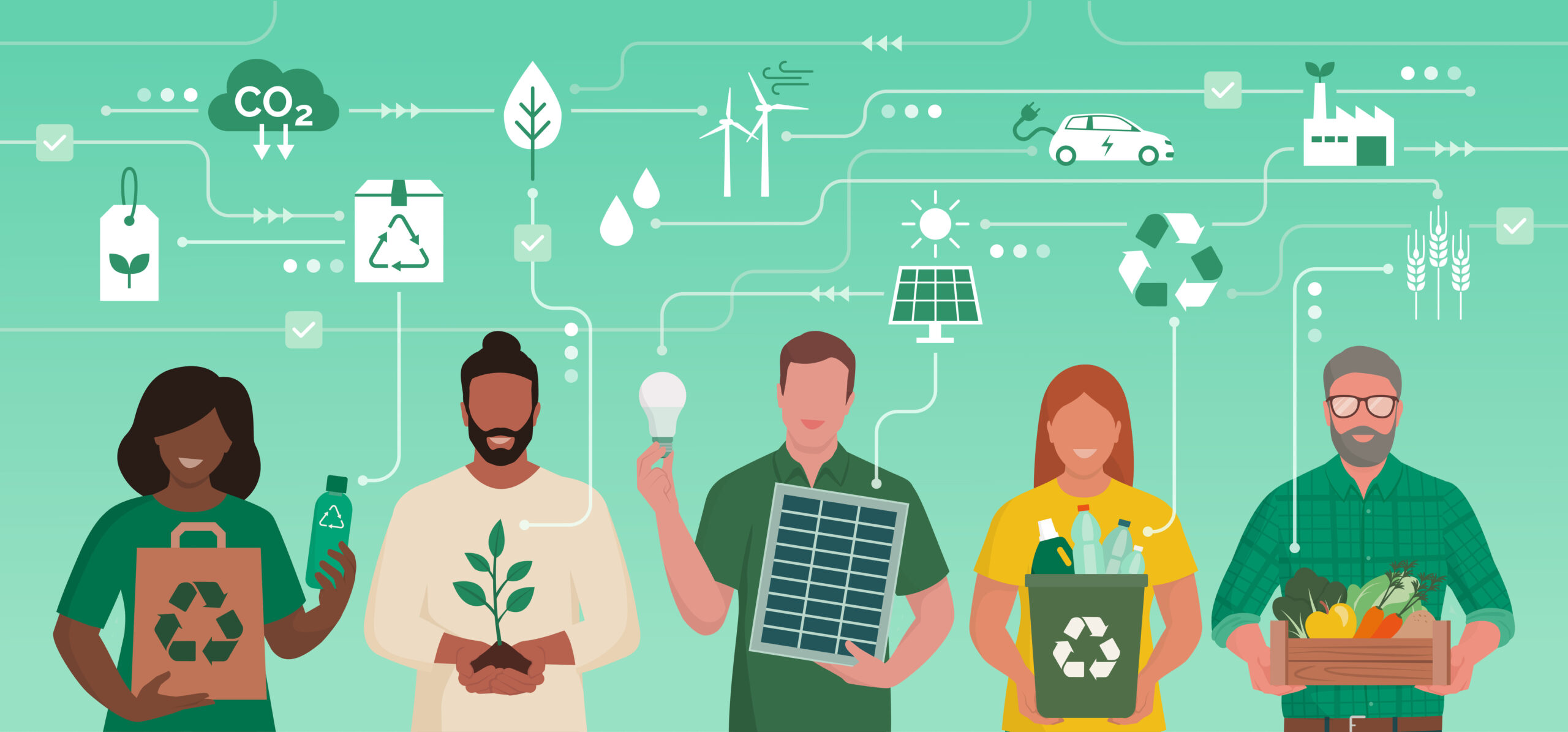Polytechnics serve as innovation intermediaries for organizations of all shapes and sizes, providing state-of-the-art facilities, equipment and high-performance talent. Through applied research partnerships, polytechnics support businesses looking to overcome obstacles to growth, realize greater efficiencies, reduce costs and enter new markets. Solutions that emerge from these partnerships also address wider global challenges, such as fighting climate change, creating a more inclusive society and strengthening our healthcare system.
Polytechnics Canada recently connected with Nick Spina, CEO of Ethey Foods, a London-based business working with Fanshawe College. Their applied research partnership has pioneered a new plastic recycling technology that reduces used plastic into either a liquid or powder form which is, in turn, used to create new plastic packaging.
Polytechnics Canada: What was the vision behind your applied research partnership with Fanshawe?
Nick Spina: Our business produces chef-prepared, ready-to-eat meals and ships them Canada-wide, directly to the doors of our customers. Given our commitment to sustainability across our operations, we reached out to Fanshawe with the goal of finding a way to make our meal containers more eco-friendly. The top film seal on our meal containers is made from plastic. We were determined to develop a sustainable, plastic-free alternative.
While working on this project, the incredible team at Fanshawe, including lead scientist Istok Nahtigal, developed an innovative process to recycle plastics. This quickly developed into the remarkable plastic recycling process and business model known as Denovia.
Fanshawe has been an amazing partner. We are grateful for the support, resources and knowledge they brought to our project over the past two years.
PC: As a business, what advantages are there to partnering with a polytechnic institution for your research needs?
NS: There have been countless advantages to partnering with a polytechnic institution during this project. Fanshawe’s team has provided us with exceptional support, guidance and resources. They were able to bring both facilities and a dedicated, knowledgeable staff to the table. The team at Fanshawe contributed a unique outlook to the project, helping us examine options to achieve our eco-friendly vision. Our investors are keen to work with us on Denovia, which opens up a whole range of new opportunities.
PC: How were students involved in this project and how are they likely to benefit from the experience?
NS: Our team works closely with the Fanshawe researchers – including students – and we have seen firsthand the value students bring to the project. We’ve also been able to see the impact of the project on their learning. By working on a groundbreaking initiative like this one, students have put skills relevant to their academic programs into action. This is the kind of experience that will undoubtedly give them the confidence to take on new challenges as they head into their future careers.
PC: Can you speak to the importance of collaborations like this one?
NS: Academic-industry collaborations are crucial when it comes to an issue like climate change. Partnering with an institution increased our overall capacity, bringing shared resources, new knowledge and the right facilities into our project. The highly skilled team at Fanshawe offered new viewpoints and perspectives, leading to greater success. Our partnership has led to a groundbreaking sustainable plastics recycling project, which will create positive change globally and help drive future, eco-friendly job opportunities. A complex topic like climate change requires collaboration and openness to new ideas, which are readily available at institutions like Fanshawe.

